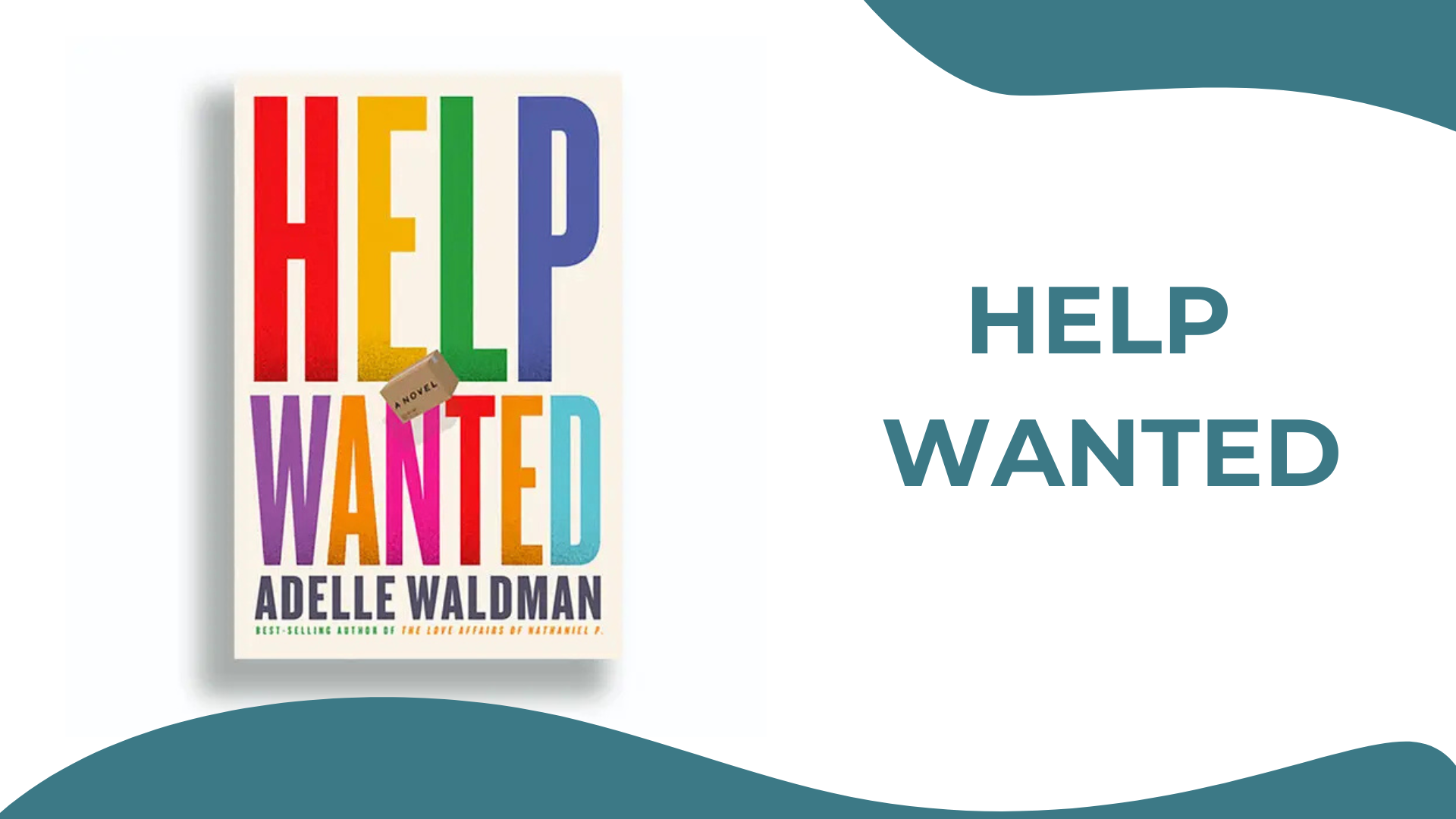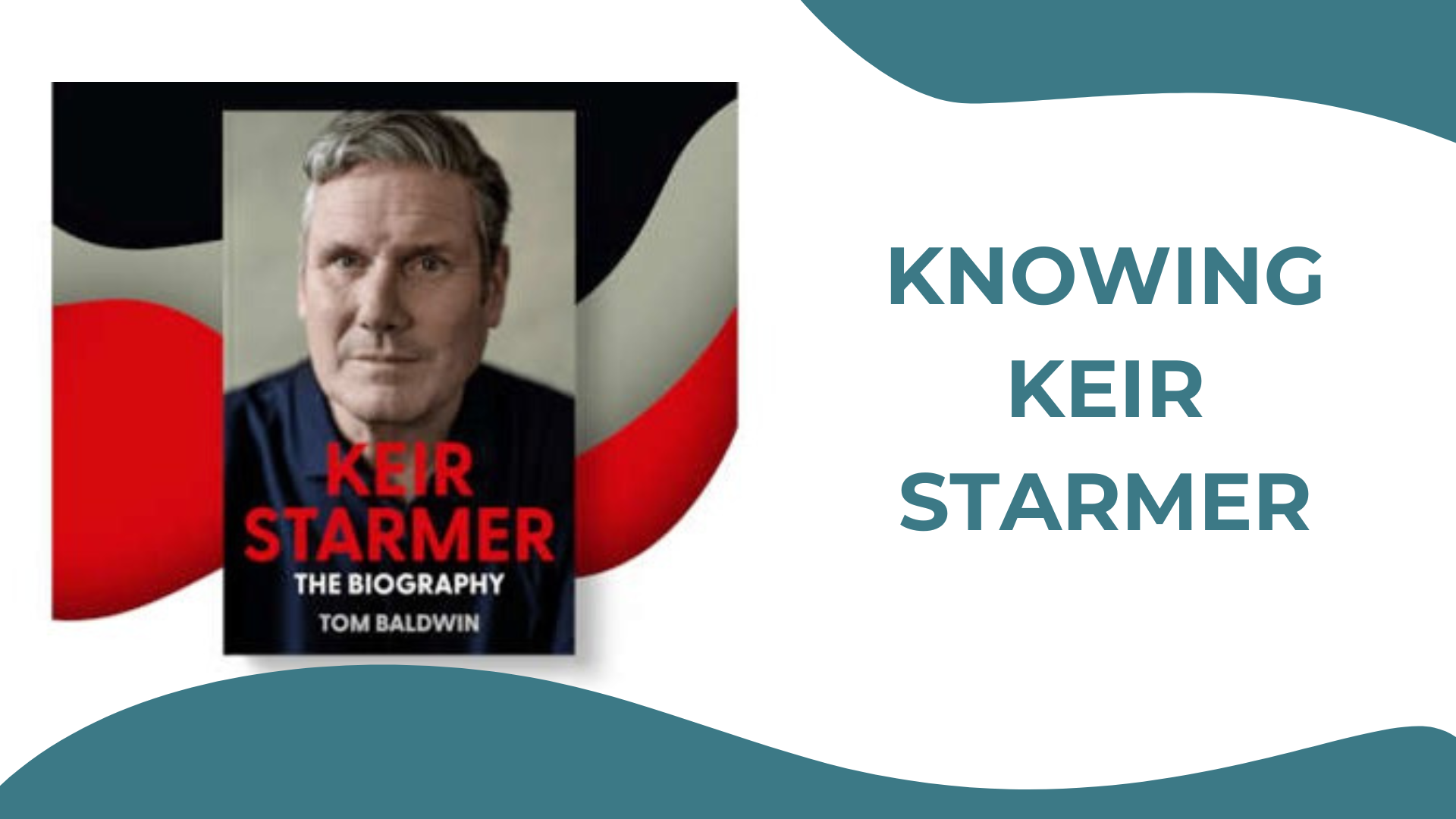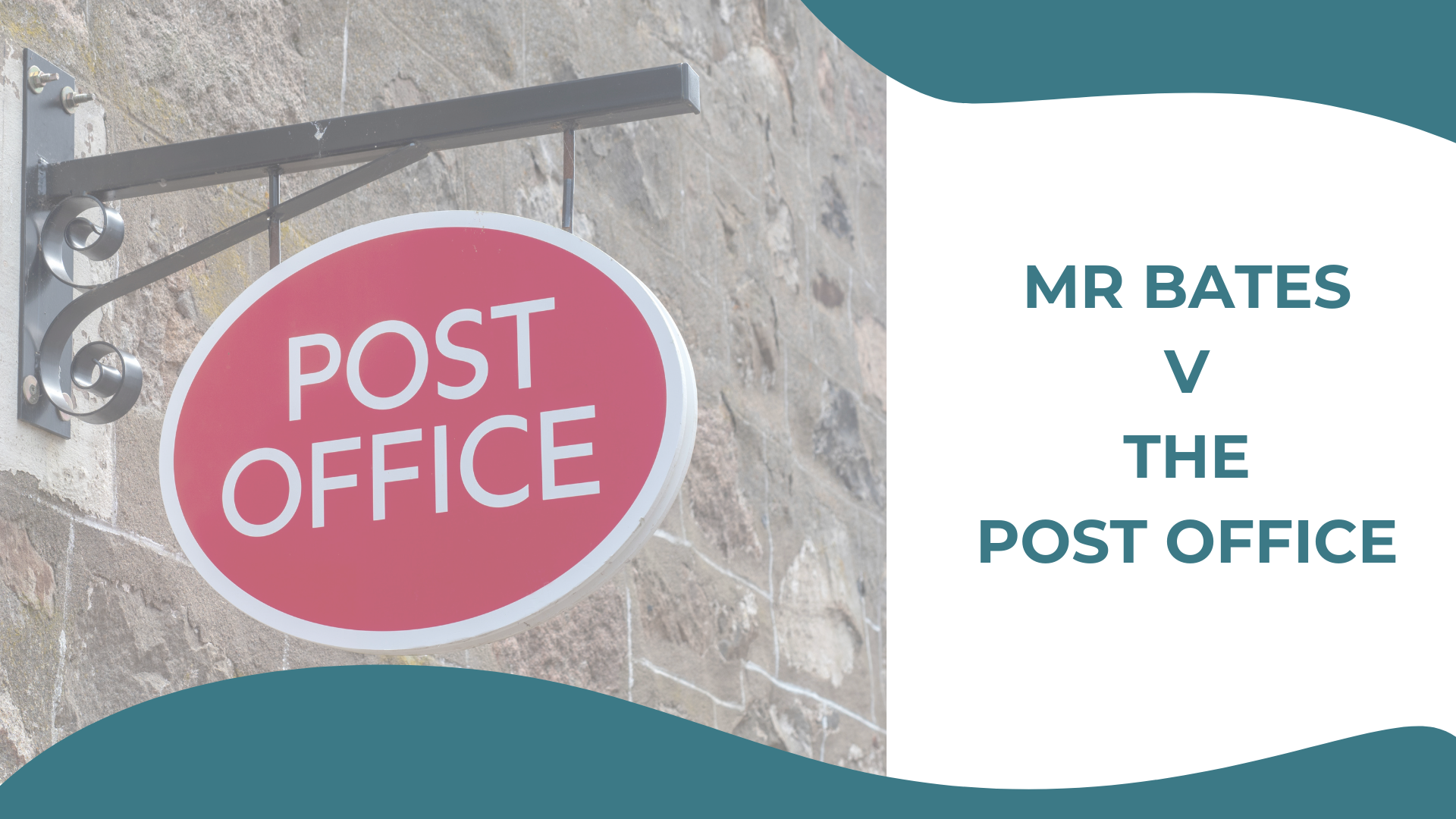I recently published “Millennials@Work”, a Mightywaters white paper which reviews key research on Millennials in the workplace and identifies 3 key themes that cast a light on the needs of young people at work – Share of Heart, Autonomy and Personal Growth.
In May 2018, Deloitte released their 2018 Millennial Survey, representing the views of 10,455 millennials and 1,844 Gen Z respondents around the world. So, it was only right for me to review and understand whether this new research changes the 3 key themes I identified earlier. The bottom line is that it reinforces rather than changes the 3 themes I set out.
In this article I summarise the three key messages from the Deloitte survey and have added some prompting questions to support you in your thinking. I then share my response to the report.
ALIGNMENT
What Deloitte found:
The research reinforced our theme of ‘Share of Heart’. Millennials/GenZ want the business sector to drive societal and economic change. They are socially conscious and see potential of business to answer some of society’s biggest problems. However, they believe there is a large discrepancy between what they believe companies should achieve and what they perceive businesses’ actual priorities are.
My questions to you:
- Do you know what societal impact your employees want your business to have?
- Are these employee aspirations integrated with the wider vision, strategy and objectives of your business?
- Are you communicating the progress and impact your business is making regularly and clearly?
DIVERSITY AND FLEXIBILITY
What Deloitte found:
The research amplified our focus on ‘Autonomy’. Millennials/GenZ are attracted to good pay and positive corporate cultures, but what keeps them loyal is workplace that gives them flexibility and autonomy AND which is diverse and inclusive. The challenge for organisations is that young people believe business leaders aren’t stepping up to the mark in these areas and aren’t truly committed to inclusive cultures.
My questions to you:
- Do leaders and managers in your business pay lip-service to the policies and systems you might have to promote greater autonomy, diversity and inclusion?
- How well are your leadership team role-modelling inclusion in the way they lead? For instance, is change done to people or are they involved in shaping and delivering change?
- How well do you monitor, track and engage people with progress on diversity and inclusion goals you may have set?
FIT FOR THE FUTURE
What Deloitte found:
The research reinforced our theme on the importance of ‘Personal Growth’. Millennials/Gen Z want their employers to prepare them for the future and expect to receive on-going development and training. The research highlights a desire within younger people to develop effective ‘soft skills’ and build greater self-awareness.
My questions to you:
- Is your company looking outwards, considering the skills and development your future workforce will need to maintain competitive advantage?
- If so, how/are your younger workforce getting this development?
- Is the L&D of your younger workforce what they want or what they see as necessary?
My Response
Deloitte’s research findings did not offer any surprises or change to
the conclusions I reached in Millennials@Work. There were, however, two things that struck me:
First: Deloitte tagged the title of the survey as “Uneasy, Pessimistic, and Concerned”, which I feel is a rather over-dramatic use of terms and could lead to misunderstanding. The evidence does not suggest that Millennials/Gen Z are a pessimistic generation, but rather points to a generation ambitious for business. This generation sees the potential of business to have a positive impact on society, even if there is still a long way to go. The use of the word concerned is not wrong, but doesn’t reflect the critical nature of Millennial/Gen Z thinking. The overload of information constantly available at anytime, anywhere has made this generation very critical of their environment. It has also introduced them to a world which is longing for justice and equality. You could see this through a negative lens, but you could also see a generation yearning for business to be a force for good. The use of the word uneasy I find confusing and it’s unclear what ‘uneasy’ refers to.
Rather than ‘Uneasy, Pessimistic and Concerned’ I would like to offer a more positive subtitle of “Ambition, Conscience and Inclusive”. Why? Because…
Ambition: Millennials/GenZ want to keep learning and growing, gaining key knowledge and skills so that they and their employer can stay fit for the future.
Conscience: Millennials/GenZ want businesses to consider societal problems, reinventing the stereotype of the corporates as the bad guys. Instead they want to realise the potential corporates have in making a positive impact on society, as well as delivering financial returns.
Inclusive: Millennials/Gen Z have grown up with exposure to new world views, cultures and opinions. They see the benefit of a diverse workforce and therefore want every voice to be heard. They care about creating optimal work environments as well as professional opportunities for each employee.
Second: The stats show Millennials/Gen Z have become increasingly skeptical and critical of business leaders and the business sector. The survey points to business leaders needing a wake-up call, if they are to attract and retain the best talent. Deloitte framed this as an opportunity for leaders. I would agree, except that this conclusion is nothing new from last year. What younger people want to see now is action not intention.
At Mightywaters we help leaders prepare their organisations and themselves for the future. If you want to attract and retain your future talent then give us a call and let’s start a conversation.
ps… if you haven’t already read my white paper and would like to do so, you can download it here.




